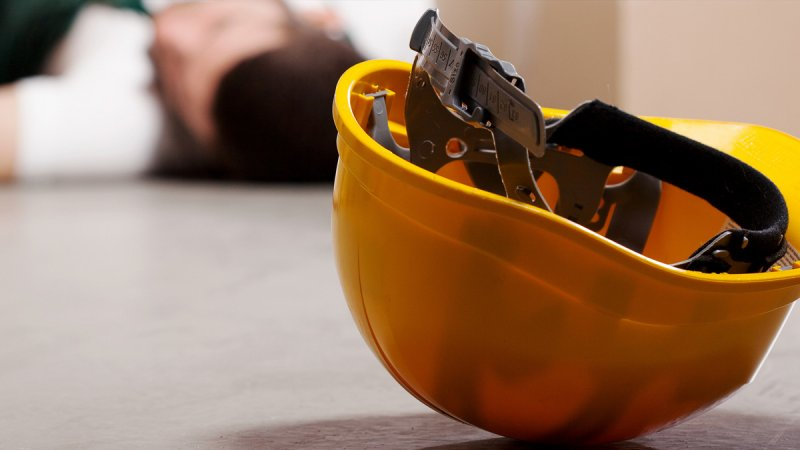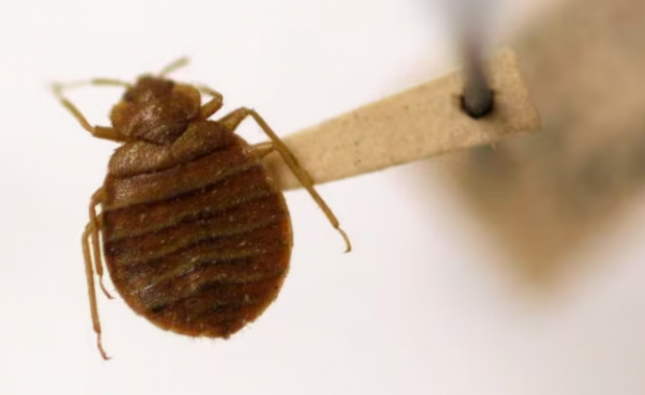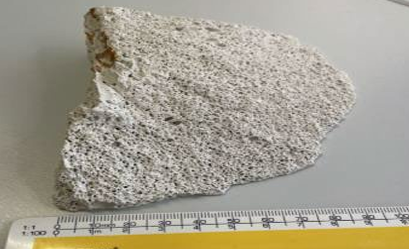Falls, slips and trips are the most common cause of accidents at work, accounting for 31% of non-fatal workplace injuries in 2017/18. Employers are bound by health and safety laws to take every reasonable step they can to prevent this type of injury affecting their employees.
The vast majority of injuries sustained due to slips and trips are preventable. In one particularly serious case, a retailer was fined £36,000 after a kitchen worker slipped in their kitchen, fracturing her skull and leaving her unlikely to work again. This terrible incident could have been prevented had her employer taken basic steps to make slips and trips less likely and taken notice of the four “near misses” that had happened in the kitchen over the previous 12 months.
When employers are aware of the most common causes of falls, slips and trips, they can take steps to minimise the risks in their workplace. Worker training can also help to spot the hazards early and stop any unfortunate falls, slips or trips.
Trailing Cables and Poor Housekeeping
Employees need to be able to move safely through their workplaces without encountering obstacles in their walkways or trailing cables that can easily trip them up. In areas with a lot of machinery, this is particularly important. Office settings can also fall foul of this; with computers, printers, fans and other electrical devices often together in limited spaces, it can be easy to ignore the dangers of stepping over cables to get around.
The authorities take this matter so seriously that prosecutions can occur even before an accident has taken place. A restaurant in Derbyshire was fined £1000 plus costs for endangering their workers after ignoring previous warnings about their storage area, including a trailing wire over a doorway that posed a significant risk of trips.

Poor Lighting
If the area’s lighting is inadequate, it stops employees from being able to take their usual steps to protect their safety. It becomes harder to judge the quality or unevenness of the ground and to spot any obstructions in the walkway. Warehouses and outdoor working areas can often have less lighting than they need and this needs to be rectified as a matter of urgency when it’s noticed.
Uneven or Damaged Floor Surfaces and Inadequate Floor Coverings
Badly fitted carpets, cracked tiles and missing anti-slip mats can all lead to slips and trips. Kitchens and areas where the ground may be wet (such as in swimming pools or leisure centres) need to pay especially close attention to this, but it can happen anywhere. Damage to flooring should be repaired immediately, even if it seems relatively minor.
Employers need to ensure workers have the appropriate footwear for the surfaces they’re going to be working on. In cases where this is a health and safety matter, it would be covered by the employer’s responsibilities to provide adequate Personal Protective Equipment (PPE) for all of their workers, in good condition and for free.
Spillages
Whatever the nature of the workplace, spillages happen. It might be someone dropping a cup of tea or a hazardous substance being dropped during transportation, or anything in between these scenarios.
Workers need to be aware of the appropriate way to deal with these incidents and how to clean them safely – or who to notify if they’re unable to clean up that particular spillage themselves, as is the case with dangerous or specialist substances.
Weather Conditions
The risk of falls, slips and trips increases greatly during times of extreme weather. It’s sensible to take extra precautions when heavy rain or snow is forecast.
All major health and safety legislation in the UK covers falls, slips and trips, and states that employers have a legal – as well as moral – duty to do everything in their power to prevent them. By staying aware of the most common causes of slips and trips, hazards can be spotted as early as possible and dealt with appropriately.


